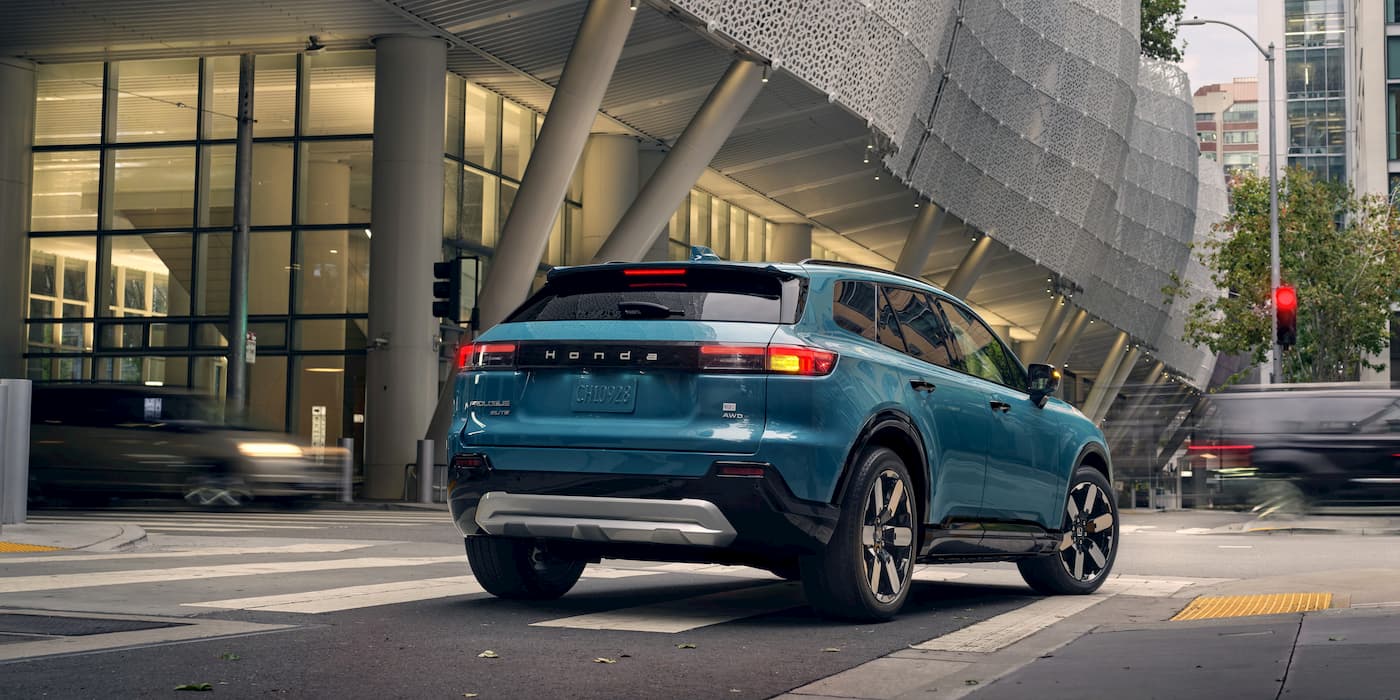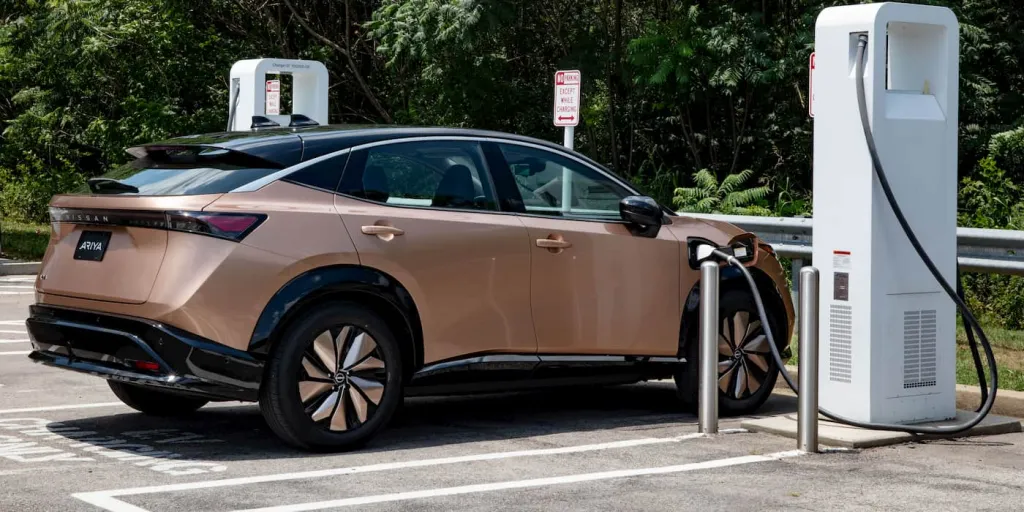
Japanese automakers are taking drastic measures to keep pace with Tesla and Chinese EV leaders like BYD. Honda and Nissan are now closing in on an EV merger to join resources and fend off the incoming competition. The tie-up will likely involve a third auto partner from Japan.
Honda and Nissan to enter new EV merger
Honda and Nissan have been paving the way for an EV partnership for several months now. In March, the Japanese auto giants announced plans to co-develop new software and other EV tech.
Nissan CEO Makoto Uchida said the collaboration is “significant” given the two legacy automakers “face common challenges.” Those challenges, Uchida referred to, are Tesla and surging EV makers from China like BYD.
According to Nikkei, Honda and Nissan are doubling down and will soon announce an EV merger as they look to catch up.
The companies are considering doing business under a holding company. The exact details, including ownership, have yet to be decided. However, the two are expected to pull Mitsubishi, which Nissan has a 24% stake in, into the new EV partnership.

With combined sales of around 8 million, the EV merger would result in one of the largest auto groups globally. Nissan could benefit from Honda’s hybrid tech, while Honda could learn something from Nissan, which has years of experience developing EVs after launching the iconic LEAF in 2010.
Electrek’s Take
The potential Honda and Nissan EV merger signals the growing pressure on legacy automakers to keep up with Tesla and other global electric vehicle leaders.
Top comment by Brett Chandler
I find it somewhat ironic that the company that brought one of the earliest hybrids to market (the original Honda Insight) and the company that brought the first mass-market EV to market are having to partner in 2024 because they can't see a way forward individually.
Japanese automakers, including Toyota, Nissan, Honda, and Mitsubishi, have been some of the hardest hit by sales crashing in China. With a wave of domestic low-cost EV models, Japanese auto brands are quickly being squeezed out of the Chinese auto market, which is considered one of their most important.
BYD’s cheapest EV, the Seagull, was China’s top-selling vehicle (EV or gas-powered) again last month. Meanwhile, only five gas-powered models made the top 20 as buyers continue shifting to electric options.
And Japan is not the only country feeling the pressure. Volkswagen, Ford, GM, and many others are struggling to survive in the world’s largest EV market.
Will combining resources help Honda and Nissan keep pace? Let us know your thoughts in the comments below.
FTC: We use income earning auto affiliate links. More.




Comments